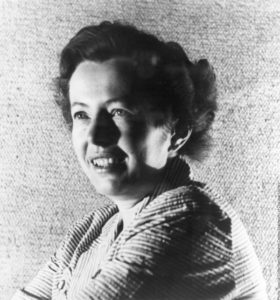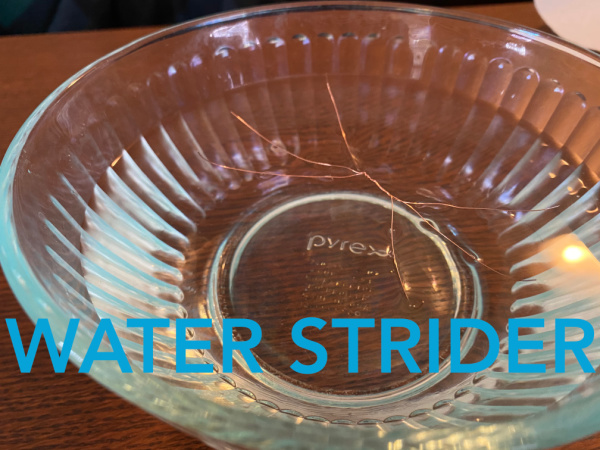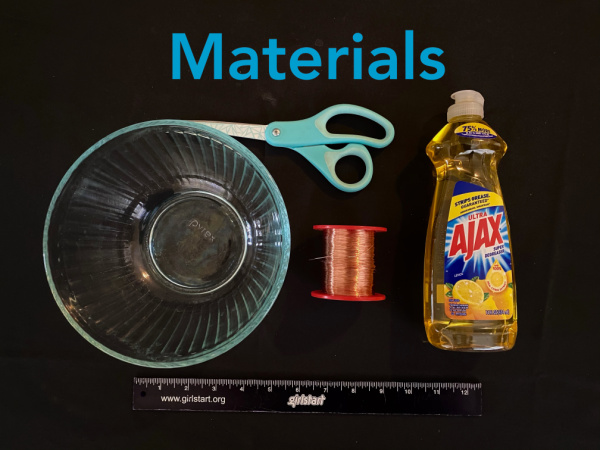
Maria Goeppert Mayer won the 1963 Nobel Prize in Physics (only the second woman to do so!) for her discoveries surrounding atomic structure. Born in 1906, Goeppert Mayer was the only child of an academically-minded father who encouraged her to attend university. Maria enrolled at the University of Göttingen in 1924, a time when fewer than 10% of university students in Germany were female. Goeppert Mayer intended to study math, but she could not resist the lure of physics and received her doctorate in the subject in 1930. Regarding her choice of study, she is quoted as saying: “Mathematics began to seem too much like puzzle solving. Physics is puzzle solving, too, but of puzzles created by nature, not by the mind of man.” Although Maria had difficulty finding full-time employment as a physics professor, she worked on very important projects and “top-secret, war-related research” at prominent universities, including Johns Hopkins, Columbia, and the University of Chicago. After WWII, Goeppert Mayer was recruited to work at the Argonne National Laboratory, a center for nuclear physics. When she first began to work here, she said “but I don’t know anything about nuclear physics,” and then two years later she developed an explanation of atomic nuclear structure! This work on the structure of nuclear shells won her the Nobel Prize which resulted in her finally receiving a position as a full professor of physics at the University of California, San Diego.
• Source: https://www.nobelprize.org/prizes/physics/1963/mayer/biographical/
• Image Source: http://what-when-how.com/physicists/goeppert-mayer-maria-gertrude-physicist/





